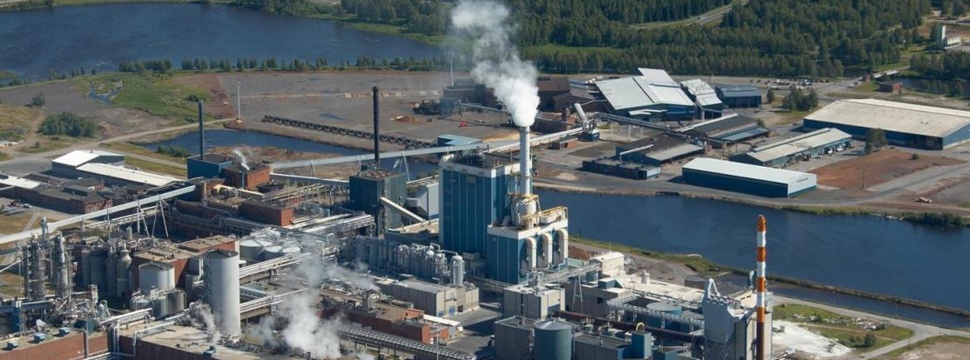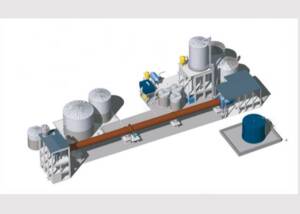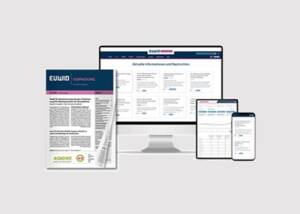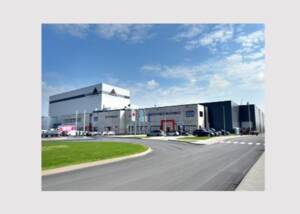Metsä Board starts a development programme for its Kemi paperboard mill
News General news
Metsä Board launches a development programme for its white-top kraftliner mill in Kemi (photo), enabled by Metsä Fibre's new bioproduct mill investment.

The development programme is a significant step towards the company's sustainability targets for 2030. Metsä Board and Metsä Fibre are parts of Metsä Group. Metsä Board owns 24.9 per cent of its associated company Metsä Fibre.
The development programme will increase the mill's annual paperboard capacity by approximately 40,000 tonnes. The programme includes a series of modernisation and bottleneck investments in the paperboard production line, and as part of the programme, Metsä Board will purchase the modernised unbleached pulp production line with an annual capacity of approximately 180,000 tonnes from Metsä Fibre in 2023. The total investment value of the programme is approximately EUR 67 million, divided in 2021–2023, and mainly in 2023.
The development programme will reduce the Kemi paperboard mill’s water consumption by about 40 per cent and energy consumption by about 5 per cent per tonne of paperboard produced. Metsä Board's company-level target is to reduce water consumption by 30 percent and energy consumption by 10 percent per tonne of paperboard produced by 2030 compared to 2018.
Metsä Board’s annual net surplus in pulp will increase by approximately 325,000 tonnes in 2023, consisting of Metsä Board's 24.9 per cent share of Metsä Fibre's new bioproduct mill’s capacity increase, the transfer of the unbleached pulp production line to Metsä Board's direct ownership and the impact of the increased paperboard capacity on pulp consumption.
Financing for Metsä Fibre's bioproduct mill consists of funds generated from operations and debt. Metsä Board does not invest equity in Metsä Fibre to finance the project. Metsä Fibre will record an impairment loss impacting the result in the first quarter of 2021 related to the old pulp mill in Kemi. The impact on Metsä Board’s share of Metsä Fibre’s result is estimated to be approximately EUR -8 million and it will be classified as an item affecting comparability.
“Demand for premium and recyclable white-top kraftliners is growing rapidly in our main markets in North America and Europe. After these investments, Metsä Board's leading position in coated white kraftliners globally will be further strengthened, and Metsä Fibre's new bioproduct mill together with Metsä Board's paperboard mill will form a world class integrate in Kemi, Finland. The investment will significantly reduce water and energy consumption at the Kemi paperboard mill, and bring us closer to our ambitious sustainability targets, which we have set for year 2030. This also supports our customers' sustainable business,” says Mika Joukio, CEO of Metsä Board.










